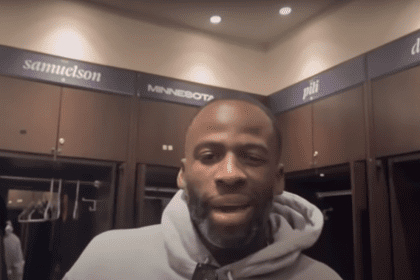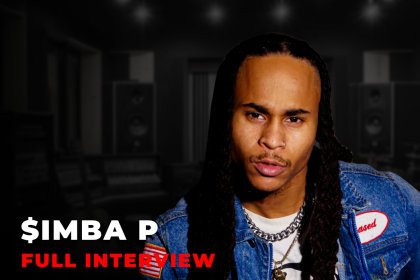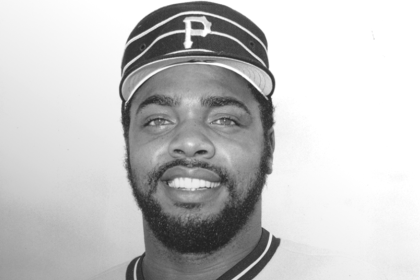A career in media and journalism can be as non-linear as any other profession. The only way to survive the constant state of change is to adapt. Lisa Kerney has been able to adjust and thrive from being a national sports journalist at ESPN to becoming a correspondent for FanDuel, all while raising a family and becoming a wife to former NFL edge rusher Patrick Kerney.
Weeks before Women’s History Month, Kerney caught up with rolling out to discuss the sports media’s latest shift.
I was just speaking with someone else about the Super Bowl coming to Las Vegas, symbolizing the mainstream approval of sports betting, like what you all have going on at FanDuel.
We’re thrilled to be one of the most innovative sports tech entertainment companies out here that’s truly bringing the brand closer to engagement experience with teams and players. What we’re able to do with our platforms is something that has never been done before.
We’re really excited to have the opportunity to do that in this landscape that’s exploding, but also to come to Vegas. We’re legalized now in 21 states with Kentucky earlier, we’re this close to Nevada. We’re really excited to hopefully add Nevada to our bubble online live lineup, sooner than later.
Just having sports betting, you look around radio row and see DraftKings, FanDuel and I’m not sure if Fanatics, but them as well. There are so many great competitors out here that, to your point, you know, years ago Roger Goodell is saying we will never engage with sports betting or never have any partnership. Here we are today where it’s really exciting, not just for us as a company in the industry, but for fans to be able to have that next-level engagement.
On one hand, it’s become accepted, but why do you think players like Calvin Ridley are still penalized so harshly for participating?
Think about it. If you’re in the game, and you have a bet on that game, the optics of that are really bad. That’s not good at all. So I fully back the NFL’s position to stand there and say, “You know what? We’re going to embrace sports betting because it’s part of the sports culture now. And we’re going to do it the right way.”
What have you learned about adjusting to stay relevant in the media industry?
Great question.
When I was at ESPN, and I was at “SportsCenter,” and this is just five years ago, we would do [sports gambling] segments on “SportsCenter” that were buried at the back of the show. There were three, four minutes, maybe, and we would call it “Vegas line.” You couldn’t say specific verbiage related to gambling or sports betting. That was only five years ago. I would always take those segments and call myself the fantasy girl, the fantasy player, and asked for those segments. and Doug Kezirian would come on, and he was the representative in that space, which he’s done a phenomenal job in throughout his time at ESPN and since moved on, but we did that back then five years ago.
The evolution since then is unbelievable. ESPN all of a sudden has their own shows, and now, their own company.
If you don’t evolve, if you don’t keep an open mind, if you don’t take a step back and say, “Alright, what do the fans and the customers want? And where, where is their engagement? What is going to where they are?” Then, you’re going to be sitting on the sidelines thinking, “Wait, what happened?”













